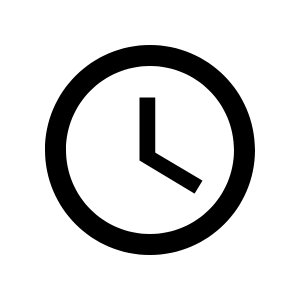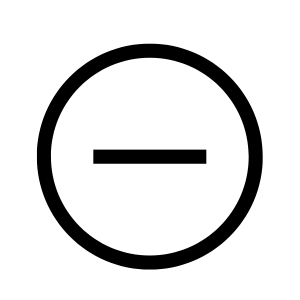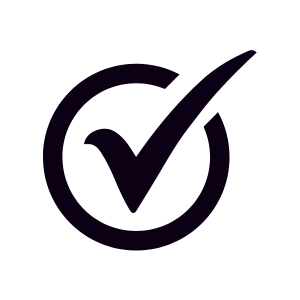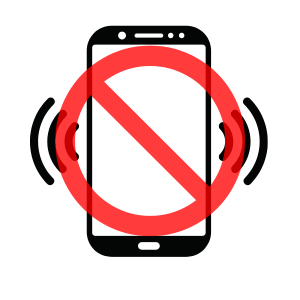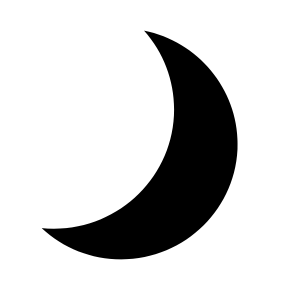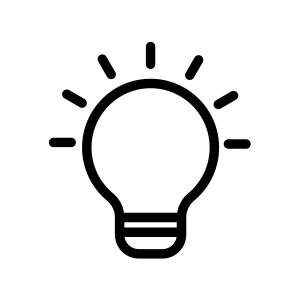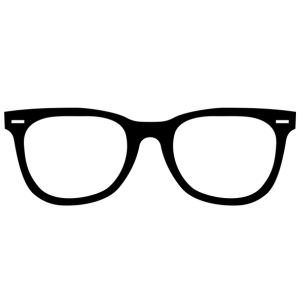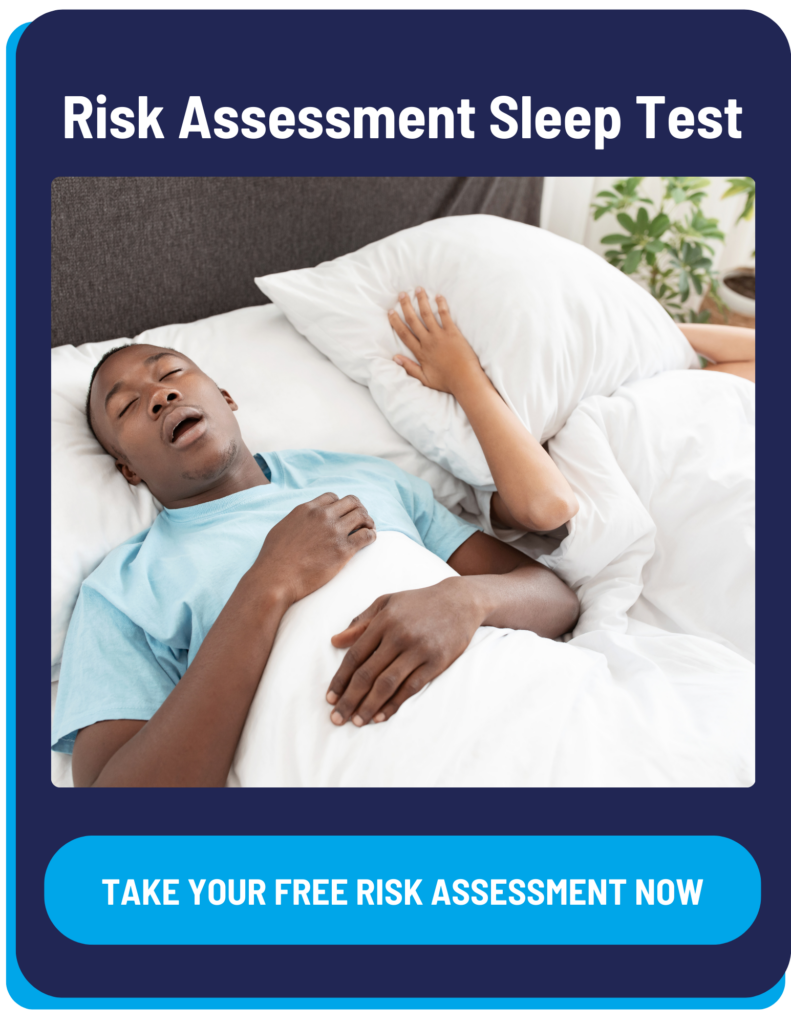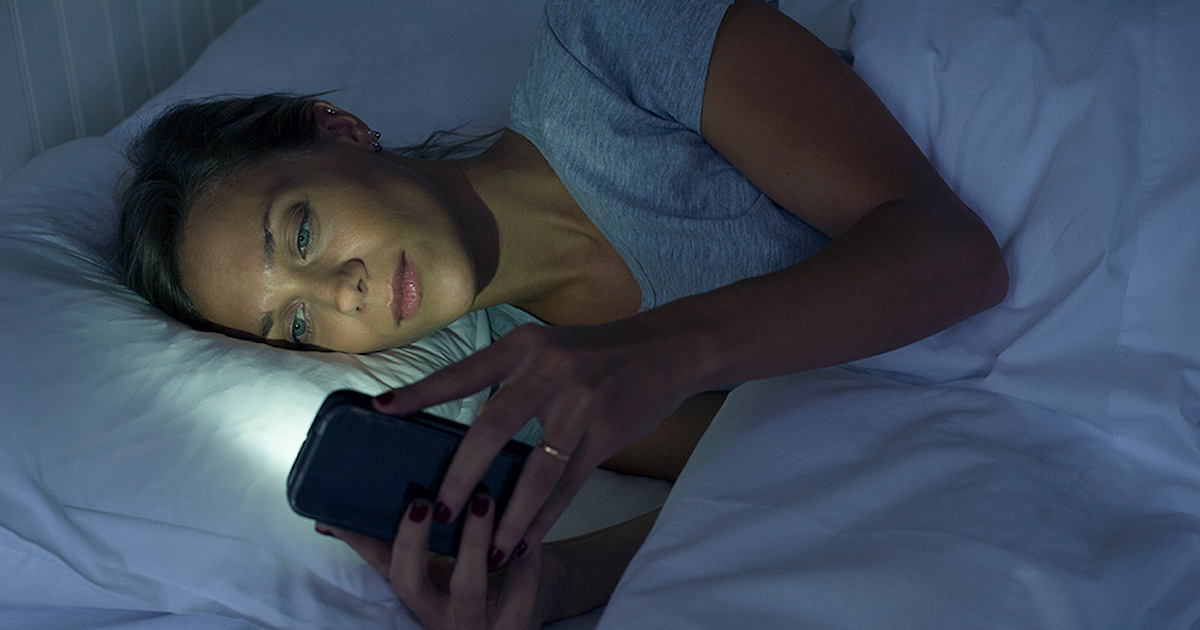
While electronics such as cell phones, laptops, and tablets have become an essential part of our everyday lives, it’s also important to know the connection between device usage and sleep health. Usage of these devices before bedtime can negatively impact sleep quality and may make an existing sleep disorder worse.
Does Looking At Screens Affect Sleep At Night?
All electronic devices emit blue light. Blue light is a part of the visible light spectrum and contains the highest energy. Blue light can be found in all devices, including flat-screen TVs. When you use electronic devices at night, the blue light tricks your brain into thinking it is daytime and essentially time to wake up rather than go to sleep.
Blue Light Technology
Computer and laptop screens, flat-screen televisions, cell phones, and tablets all use LED technologies with high amounts of blue light. Researchers have found that when you’re exposed to blue light in the evening hours, your body doesn’t release as much melatonin, and your sleep cycle is delayed or disrupted.1
Psychological Engagement
Severe disruption of natural sleep patterns, also known as circadian rhythm, also disrupts neurotransmitters in the brain. Regular exposure to blue light sources at night may begin to negatively affect mood.2
Notifications and Alerts
In addition to blue light, our electronic devices disrupt sleep in other ways. The relentless audible ping of new email notifications, new text messages, missed calls, and appointment reminders prevent us from slipping into a healthy deep state of sleep.
What Are the Health Risks of Electronics Regarding Sleep?
While using electronics is important for both work purposes and entertainment, there are long-term patterns of sleep disruption that can begin to affect health, such as:
- an elevated risk of hormone-related cancers
- lower levels of leptin, which signals fullness after meals and can contribute to overeating and obesity
- metabolic changes, especially blood sugar
Danger Of Sleep Deprivation:
Over time, when a person does not get enough sleep, it could lead to some dangerous risks and other health problems. Some dangers include the increased risk of:
- hypertension
- diabetes
- obesity
- depression
- heart attack
- stroke
Tips To Reduce Electronic Usage for A Better Night Sleep
A good night’s sleep has many health benefits, including one’s mental health. Here are a few simple ways we can reduce electronic usage and improve sleep.
 Set A Digital Curfew
Set A Digital Curfew
Setting a digital curfew can be beneficial to overall sleep quality so that your mind can focus on other things. You can use this time not on your phone to read a book, exercise, or even spend time with family.
 Decrease Electronic Usage at Night
Decrease Electronic Usage at Night
Minimize usage of computers, tablets, and cell phones a few hours before going to bed. Even playing your favorite game before bedtime on your phone can impact healthy sleep. Lessening the use of electronics will help your body to release more melatonin, ultimately helping you to fall asleep faster and more easily at night.
 Put Your Device On Silent Mode (Or Do Not Disturb) At Night
Put Your Device On Silent Mode (Or Do Not Disturb) At Night
Putting your phone on “Do Not Disturb” will eliminate notifications popping up. This can decrease the urge to use the device and it won’t disturb your sleep either.
 Establish a Bedtime Routine
Establish a Bedtime Routine
Having a consistent routine can be very beneficial at night time. Repeating the same steps, like washing your teeth or face or going to bed at the same time every night brings a more relaxed and controlled experience over time. A regular bedtime routine (much like we had as kids) helps train the mind and body for sleep.
Make Your Bedroom a Screen-Free Zone
- While most bedrooms have a remote control on the nightstand and a TV on the wall, it is a good idea to turn off the TV a few hours before bed. You can even set a timer on most TVs to help with breaking old habits of leaving the TV always on. Try reading a book or meditating for other ways to fall asleep without electronics.
- Charge your phone in another room— not beside your bed. Keeping your phone away from you at night time helps to resist the urge to constantly check it. Eliminate the steady stream of notifications and alerts that can keep you awake by putting your phone in another room.
 Use Night Mode
Use Night Mode
If you absolutely must keep your phone beside your bed, set it on night mode to minimize sleep disruption. Night mode is a feature that emits less blue light than the regular mode that you are used to. Using dark mode also puts less of a strain on your eyes, which in turn reduces headaches.
 Use Dim Lights in the Bedroom
Use Dim Lights in the Bedroom
A fully dark bedroom is the most beneficial for sleep. That’s because the absence of light is a great signal to the body that it is time to get some rest. If you need some light, use dim nightlights.
 Use Blue-Blocker Glasses
Use Blue-Blocker Glasses
When using your electronics during the day or night, you can try blue-blocker glasses which minimize the impact of blue light on your eyes. Using these glasses would be especially beneficial to people who sit in front of computer screens all day. Blue light glasses help increase contrast on your screen, resulting in less eye strain and making it easier to concentrate.
Sleep Disorders Caused by Using Phone Before Bed
While we may not realize it, habitual cell phone use before bed may already be causing sleep disorders. Continual cell phone use at night can lead to:
- Sleep deprivation
- Insomnia
- Restless sleep
Existing sleep disorders, (which may be undiagnosed) such as obstructive sleep apnea can also be aggravated by cell phone use before bedtime.
How Can I Diagnose My Sleep Disorder?
Identifying a sleep disorder before it gets worse is the first step toward treatment. The good news is that you can get a diagnosis in the comfort of your own home with a home sleep test. Learn more at Sleep Care online. If you have questions about getting started, contact our customer care team at contact@sleepcareonline.com or at 866-465-4478.
References
- Proceedings of the National Academy of Sciences of the United States of America. Evening use of light-emitting e-readers negatively affects sleep, circadian timing, and next-morning alertness. January 2015
- Mental Health America. How Blue Light Affects Mental Health.

